Bank of Ghana Unveils Landmark Directive to Regulate Digital Credit Services – TechAfrica News
By Jennifer Onyeagoro
Copyright techafricanews

The Bank of Ghana (BoG) has rolled out a comprehensive new directive for Digital Credit Services Providers, marking a major milestone in the regulation of Ghana’s fast-growing digital lending industry. The central bank has now officially designated “Digital Credit Services” as a Non-Bank Financial Service under the First Schedule of the Non-Bank Financial Institutions Act, 2008 (Act 774). This development aims to expand access to financial services, strengthen consumer protection, and formalize the activities of fintechs and mobile-based lenders within Ghana’s financial system.
Published in September 2025, the directive establishes a framework that sets out clear licensing procedures, minimum capital requirements, local equity participation, and ethical lending rules. The Bank of Ghana will begin accepting license applications on November 3, 2025, with firms required to meet strict conditions to operate legally. Applicants must demonstrate a minimum capital of GH¢2 million, pay a license fee of GH¢20,000, and provide a detailed five-year business plan. They must also prove the existence of robust ICT systems, as well as policies on fraud prevention, anti-money laundering, cybersecurity, and disaster recovery.
A central feature of the directive is its emphasis on Ghanaian ownership and participation in the sector. At least 30% of equity in any licensed digital credit firm must be held by a Ghanaian citizen, ensuring that local stakeholders benefit from the sector’s growth. Additionally, no single shareholder is allowed to own more than 90% of a company’s equity. To safeguard governance, directors and key managers must meet “fit and proper” standards, proving both integrity and competence before receiving central bank approval.
Consumer protection sits at the heart of the new regulatory framework. The directive directly addresses widespread complaints about unethical debt collection practices in the digital lending space. It prohibits harassment tactics, such as making unauthorized social media publications, accessing customers’ phone contacts, or using oppressive methods to recover loans. To prevent overexposure, the total value of loans issued by any provider is capped at GH¢10,000. Additionally, credit providers are required to share customer data with licensed credit reference bureaus on a daily basis, but only after obtaining the customer’s consent.
Non-compliance with the directive will attract regulatory penalties as outlined under existing laws. By enforcing these measures, the Bank of Ghana signals its determination to foster a stable, transparent, and consumer-friendly digital credit ecosystem that supports financial inclusion while curbing abusive practices. This move positions Ghana as one of the African leaders in balancing fintech innovation with strong regulatory oversight.



